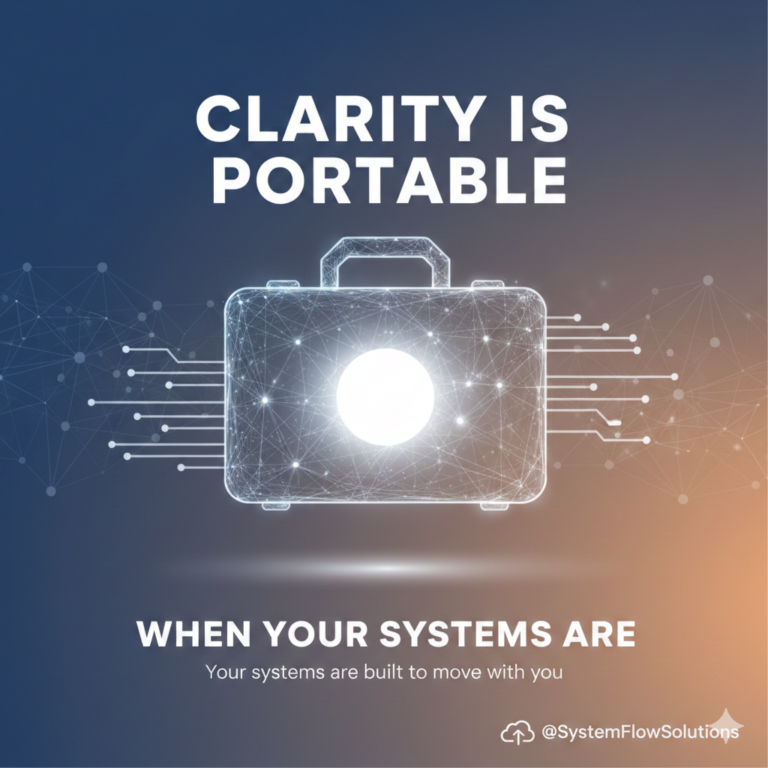Just when you think you understand the content publishing trend of the day, here comes another one to mess up your plans. If you’re frustrated, confused and don’t know how to fit everything or if you even should. It’s not easy coming up with a web content publishing management strategy. It’s something I struggle with from time to time as well.
I believe it’s a personal choice. All these are just different methods of publishing your content. There are some key questions you might want to consider.
What is your audience most predisposed to?
The reason we publish web content is so people will find, it, read it, use it and hopefully generate a sale for your products. It doesn’t matter which is the best format but what is best for your audience. Which content format do they respond most to? Are they highly mobile people, always on the road? Do they prefer reading to listening? Are they technically savvy enough to understand how to use an RSS reader? If you don’t know, ask them.
You’ll naturally have a hodge podge of answers and sometimes even after asking, the result is not always clear. Overall, written content still triumphs over multimedia for several reasons. People cannot scan an audio or video file so if they want just one piece of information from that hour long recording, they are forced to find an hour of their time that they may not be willing to give.
Why are you’re building that site?
How do you envision this site to be, what’s it for? Some sites like product review, launch updates, deal of the day, news and event reporting and FAQ’s are just made for blogs. If you start a site answering “Questions About Coaching.” This type of approach is ideal for a blog because there is some kind of interactivity going on and also it’s easy for you to publish your questions and answers. When you have the occasional long form articles, you can always add them to a page on your blog. Your articles and blog need not stand alone, they can be complimentary.
Other sites especially those built for educating and dispensing information would be better off with a regular article based site. While you can use a blog as a content management tool for your articles, a regular website offers much more control when you’re trying to optimize each web page individually. True, you can optimize a blog however, overall I find it’s easier to optimize a website.
Relevance
This is where a good long look at your overall business helps. Some people build sites in all kinds of niches, from gadgets to babies. Others, find their niche and build upon it by creating different sites related to that niche. Example, the main business is coaching. They have one site on coaching FAQ’s, one for coaches, one for life and balance articles for a working mother and so on. If your business is structured like the latter, it’s going to be a lot easier for you to figure out which approach you should go for.
This is because all of these sites are working in tandem to support your main business. It doesn’t matter which you use, in the end, the focus is on your business, you are promoting your services no matter where people go and you’ll reap the rewards. Each of these sites also become a network of content. Doing so also means you could keep only one blog and use it to direct people people to new articles, highlight special articles or alert people about a teleseminar call, kind of like a news hub just for your business. Another nice plus to this is you don’t have to build so many blogs you can’t keep up with.
An example is this page you’re on. Some of you are directed here because I mentioned the article on my blog. Some of you come here from my newsletter. Some from reading the blog’s RSS feed.
When to podcast
Although there are many benefits to podcasting, it can take up an awful lot of time. It’s hard work publishing a show every week or every other week for that matter. So, make sure you can commit that kind of time before doing so. That doesn’t mean you can’t publish audio your blog when you have an audio to publish.
Many people misunderstand podcasts, they look at it like they see radio and magazine which are totally different things. Fact is, many podcasts are blogs and vice versa.
If you think podcasts are just a little too much to handle right now, here’s one way you can leverage them without committing yourself to it. Become a guest on someone else’s podcast who reaches the same niche as you. Podcast publishers are always looking for great content and people to interview so, fill their need. Why create your own when you can piggy back.
Lot’s of things to consider. Given my time slot I’m going to make it quick and point out a few key areas.
Some sites are just made for blogs – reviews, FAQs, deals, news and updates.
Look for synergy. I’ll usually start off with a regular articles based website. I think you cannot go wrong with it. It’s the basis of the Internet and will be for a long time just like books are still in publication today, it’s not going anywhere. However try to also see if an existing blog can help drive traffic to this site simply by highlighting articles or mentioning certain things about the content. Lastly, if you cannot afford the time to do a podcast, be a guest or contribute recorded segments – it could be an audio version of an article you already wrote so it doesn’t take you that much time or effort to produce and you’re reaching as many people as possible. Goes the same for blogs. You don’t have to do it all yourself. If find you can’t find time or resources to squeeze in another blog, ask around and see if other bloggers in a relevant niche are interested in allowing you to be a contributor to their blog.
Bio:
Blogger, entrepreneur Lynette Chandler enjoys helping small business owners with their blogs. She has authored an e-course to help new bloggers start their blog right from the beginning. Grab yours today.




